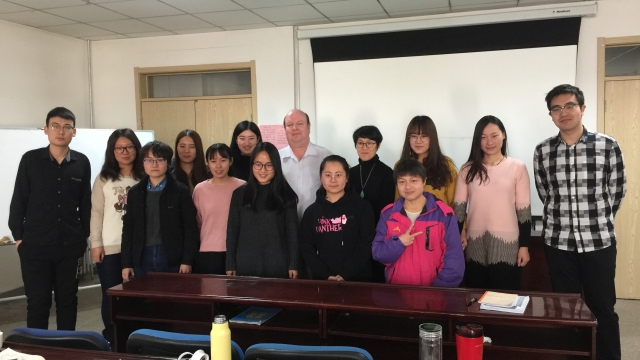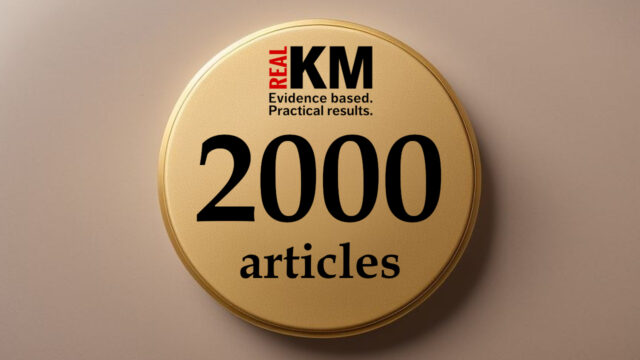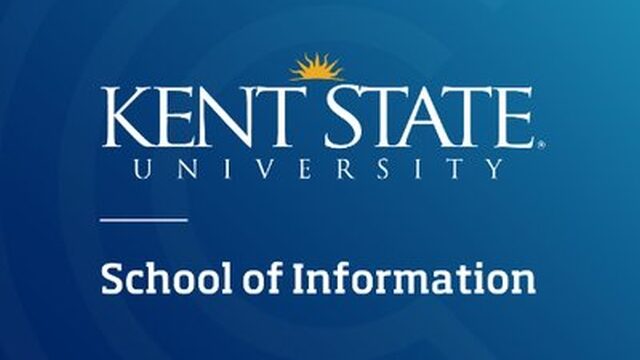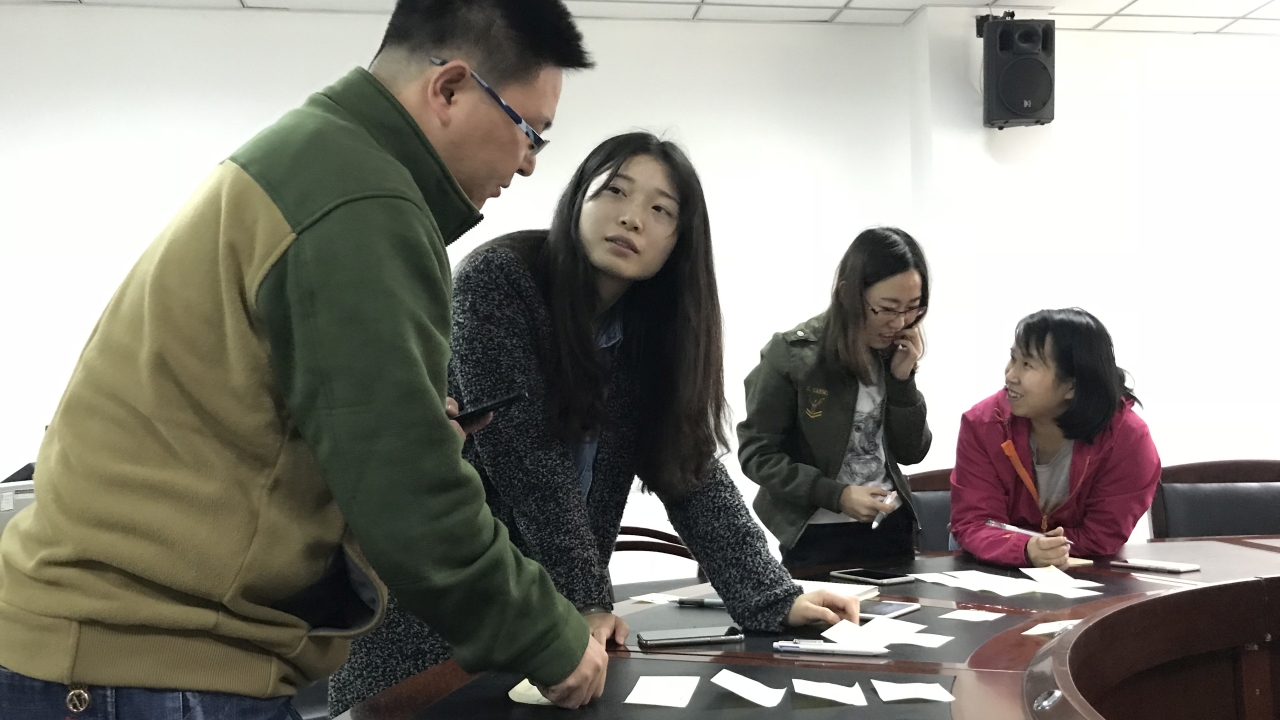
Implementing the RealKM Open KM Syllabus
This article is part of a series on education and professional accreditation for knowledge managers.
The RealKM Open KM Syllabus is a new initiative which attempts to systematically describe the themes and topics required for a fully-rounded education in knowledge management (KM) theory and practice.
I see the RealKM Open KM Syllabus as supporting the implementation of the new ISO 30401 KM standard, as part of a comprehensive overall policy framework that I consider to be an important priority for KM. There are other elements that I would see as needed in this policy framework, for example, KM principles and practices for national governments and international organisations (the UN System is already working on the international aspect). My views in this regard are based on a long history of developing policy at various levels in another sector, environmental management.
See also: Why I developed the RealKM Open KM Syllabus, and the next steps
Over the past semester (semester 1 of the 2017-18 northern hemisphere academic year), I’ve been teaching an introductory KM subject as part of undergraduate library and information science (LIS) courses here at Shanxi University in northern China, using the basic elements of the RealKM Open KM Syllabus (the class photo is above). The subject has been effective and well received. From feedback and my own reflections, I’m going to make some tweaks to the subject resources I developed and then make them available as open educational resources (OERs) alongside the RealKM Open KM Syllabus.
I’ve also received approval from Shanxi University in regard to my proposal for a further subject for semester 2 addressing knowledge management and innovation. The role of knowledge in innovation, particularly in regard to the new open innovation paradigm, is emerging as an area of key focus for business, so is an area of growing importance for KM (see for example Adi Gaskell’s wealth of articles on open innovation and the forthcoming book Open Innovation and Knowledge Management in Small and Medium Enterprises).
I’m also now looking at how I can facilitate the establishment of a full KM undergraduate or postgraduate course using the RealKM Open KM Syllabus. KM education has so far been primarily delivered through postgraduate courses, and I expect that there would be a continued emphasis on studies at this level. But I would also like to see the establishment of full KM major courses at undergraduate level. My concern is that unless KM establishes itself at undergraduate level, then KM studies will only ever be seen as a later career or supplementary education option.
So far, Shanxi University has provided great support for my KM education initiatives. However, KM is relatively new in China, and Shanxi Province is one of the least developed and most conservative areas of China. Because of this, it might be too soon for a full KM course here, so I’m keen to explore the possibilities in other universities throughout the world. If you’re working in or are aware of a university that might be interested, please feel free to contact us.
Many KM professionals have their backgrounds in business, government, and consulting, rather than academia, and also entered their KM careers from a very wide range of disciplines. Universities that wish to effectively advance KM education will need to be able to fully embrace this diversity when establishing faculty, and a number have already shown leadership in this regard.
A further aspect of KM education (and a further element of an overall policy framework for KM) is the accreditation of KM courses. The UK-based organisation CILIP already has a comprehensive and effective qualification accreditation framework in place for LIS courses, so there’s the potential to expand this to KM. I have initiated discussions in this regard, and will progress this discourse as I join CILIP’s new K&IM committee this year. I don’t see CILIP as being the only organisation that could accredit KM courses, rather I see a number of organisations doing it, just as there are a number of organisations that assess college and university rankings.
Header image: Shanxi University KM class, first semester 2017-18.
Also published on Medium.





![Collaborating on Research by National Eye Institute [Flickr image]](https://realkm.com/wp-content/uploads/2018/07/9955278615_c5356cdffd_z.jpg)
